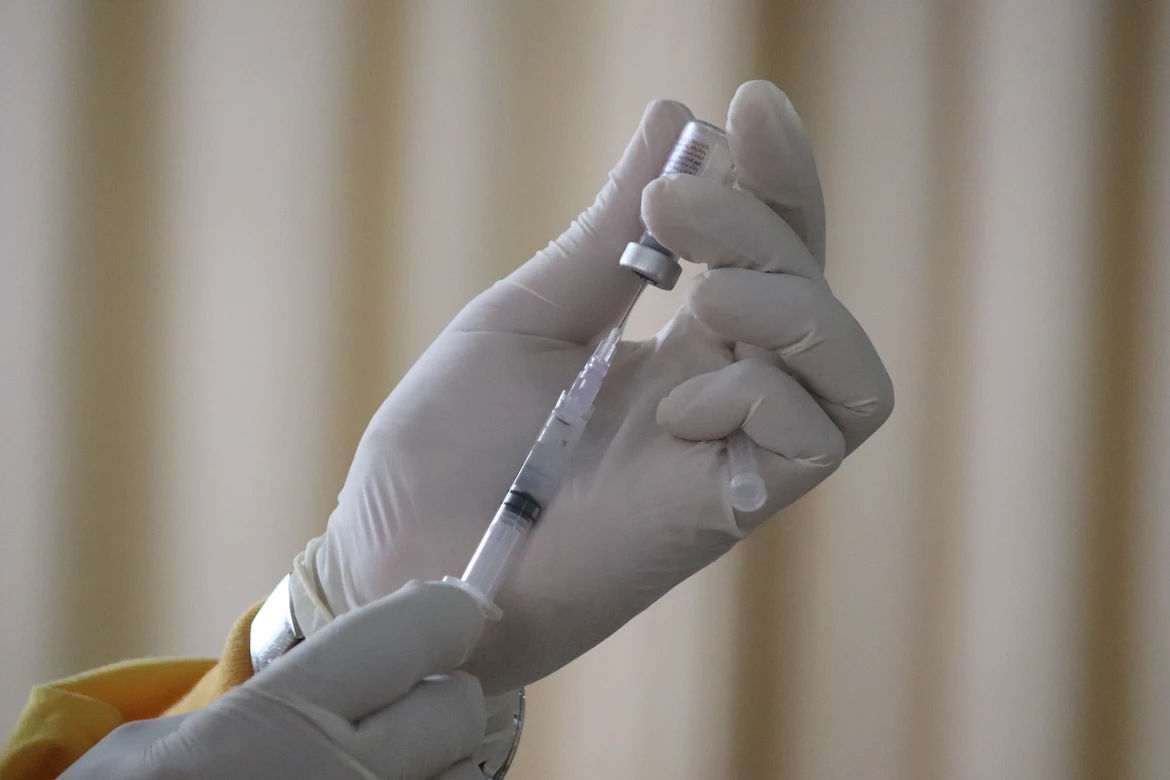The next outbreak is here: Monkeypox.
Monkeypox – a viral infection that can cause painful rashes, bumps and blisters – has made its way to Upstate South Carolina. Monkeypox is related to smallpox, but human-to-human transmission was rare before this outbreak. As of Friday, 129 cases of monkeypox have been reported in the state.
The Paladin attended a South Carolina Department of Health and Environmental Control briefing on Thursday, where one of DHEC’s medical consultants, Dr. Jonathan Knoche, discussed monkeypox transmission and vaccination eligibility. Knoche shared that transmission typically requires “skin-to-skin contact with bodily fluids or lesions,” later adding that “casual physical contact has not been demonstrated to be sufficient to spread monkeypox.”
Due to the specific way the monkeypox virus is spread and the limited vaccine availability, DHEC is not making the monkeypox vaccine available to most South Carolinians. At this time, only two groups have been classified by DHEC as at high-risk of exposure: men who have sex with men and any person receiving HIV prevention treatment.
When asked about the risk level for college students who choose to go to bars, clubs, frat parties and concerts – venues that often require frequent or prolonged close contact with various people throughout the night – Knoche said that the kind of contact at these events is not known to meaningfully transmit monkeypox. Instead, “transmission occurs primarily through prolonged, intimate skin-to-skin contact in the majority of cases.”
According to DHEC, the range of symptoms includes painful skin rashes, fever, headache, muscle aches and swollen lymph nodes. Symptoms generally appear 7-14 days after exposure. Monkeypox is transmissible as soon as the symptoms start.
The Center for Disease Control recommends that people who exhibit symptoms stay home and isolate until all monkeypox rashes have fully healed and a new layer of skin has formed.
If you think you may have monkeypox, DHEC requests that you talk to your healthcare provider or visit your local urgent care. If you are eligible for the vaccine, you may find a licensed monkeypox vaccine provider on DHEC’s monkeypox vaccine provider map.
Victoria Kalau contributed reporting.




































